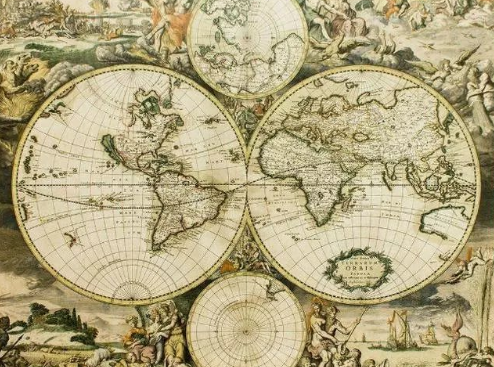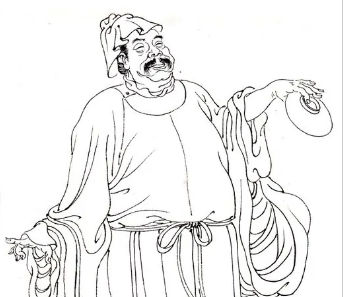Isabella I, an important monarch in Spanish history, achieved the unification of Spain during her reign and supported Christopher Columbus's feat of discovering the New World. Her life is filled with legendary colors, having profound impacts on Spanish and even world history. Born in 1451, Isabella was the granddaughter of King João I of Portugal and the daughter of Prince Pedro of Portugal. Her mother was the daughter of King Juan II of Castile. Displaying intelligence and wit since childhood, Isabella received excellent education, learning multiple languages as well as literature and history. In 1474, Isabella married Prince Ferdinand of Aragon, a political marriage that laid the foundation for the future unification of Spain. In the same year, upon her father's death, Isabella ascended the throne as Queen, known as "Isabella of Castile." Alongside her husband, she governed the country, striving to strengthen centralization and promote political, economic, and cultural development. Under Isabella's leadership, Spain completed the conquest of Granada, ending Muslim rule in Spain and achieving religious and political unity. She also promoted the Renaissance movement in Spain, attracting many artists and scholars, making Toledo an important cultural center in Europe. One of Isabella's most notable achievements is her support for Christopher Columbus. In 1492, Columbus presented his nautical plan to Isabella, and despite much opposition, she firmly supported him and provided funding. Columbus's voyage led to the discovery of the New World, bringing immense wealth and territorial expansion to Spain. Isabella was not only an outstanding monarch but also a strict Catholic. She was committed to upholding religious purity, establishing the Inquisition and expelling Jews and Muslims. While this practice was controversial, it reflected her firm belief in religion and morality. Isabella passed away in 1504, her life filled with legends and achievements. She not only achieved the unification of Spain but also contributed to Spain's overseas expansion and the Renaissance. Her decisions and actions have had profound impacts on later generations, making her an enduring figure in Spanish history.

Disclaimer: The above content is sourced from the internet and the copyright belongs to the original author. If there is any infringement of your original copyright, please inform us and we will delete the relevant content as soon as possible.
Guess you like it

Why did Yukio Mishima choose to commit suicide? What were the reasons?

Renaissance and the Age of Discovery: An Intertwined Journey of Exploration

A Dream of Red Mansions: Interpretation of Xue Baoqins Ending

The Qin Shi Huang and Zhao Ji/Lao Ai Incident: The Truth of History and the Representation in TV Series

How do you pronounce "Shèng Mào"? What is the correct pronunciation of "Shèng Mào"?

The pioneer of exploring the quantum world - Heisenbergs influence in the physics community

Two outstanding generals in the history of the Three Kingdoms: Jiang Wei and Deng Ai.

The Multi-faceted Life of the Hero of Japans Warring States Era - Toyotomi Hideyoshi

Wei Yan was favored by Liu Bei: Exploring the reasons for his talent and high esteem

The Princesses of the Tang Dynasty: The daughters of Emperor Taizong Li Shimin









